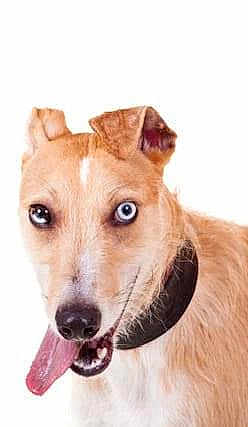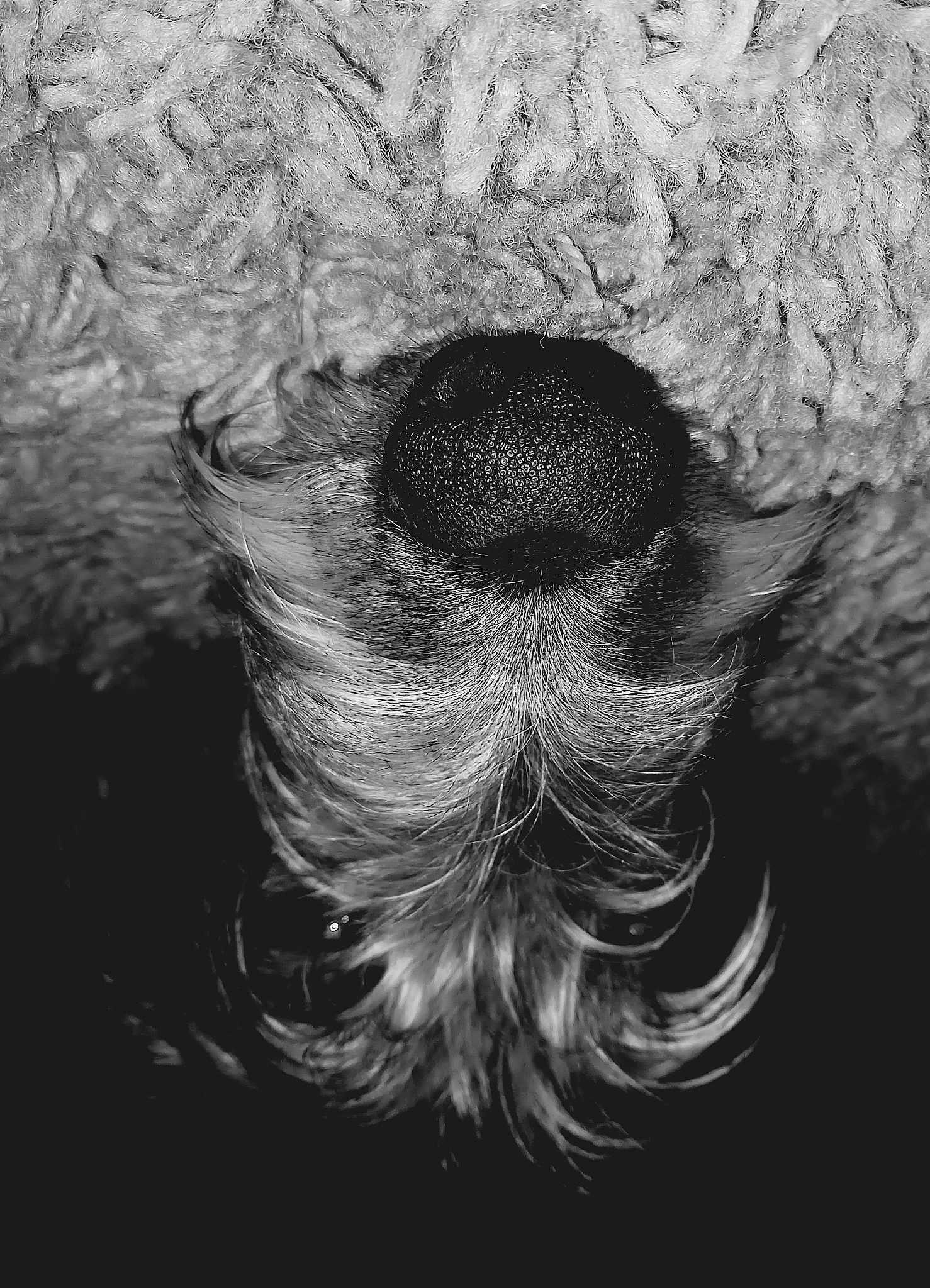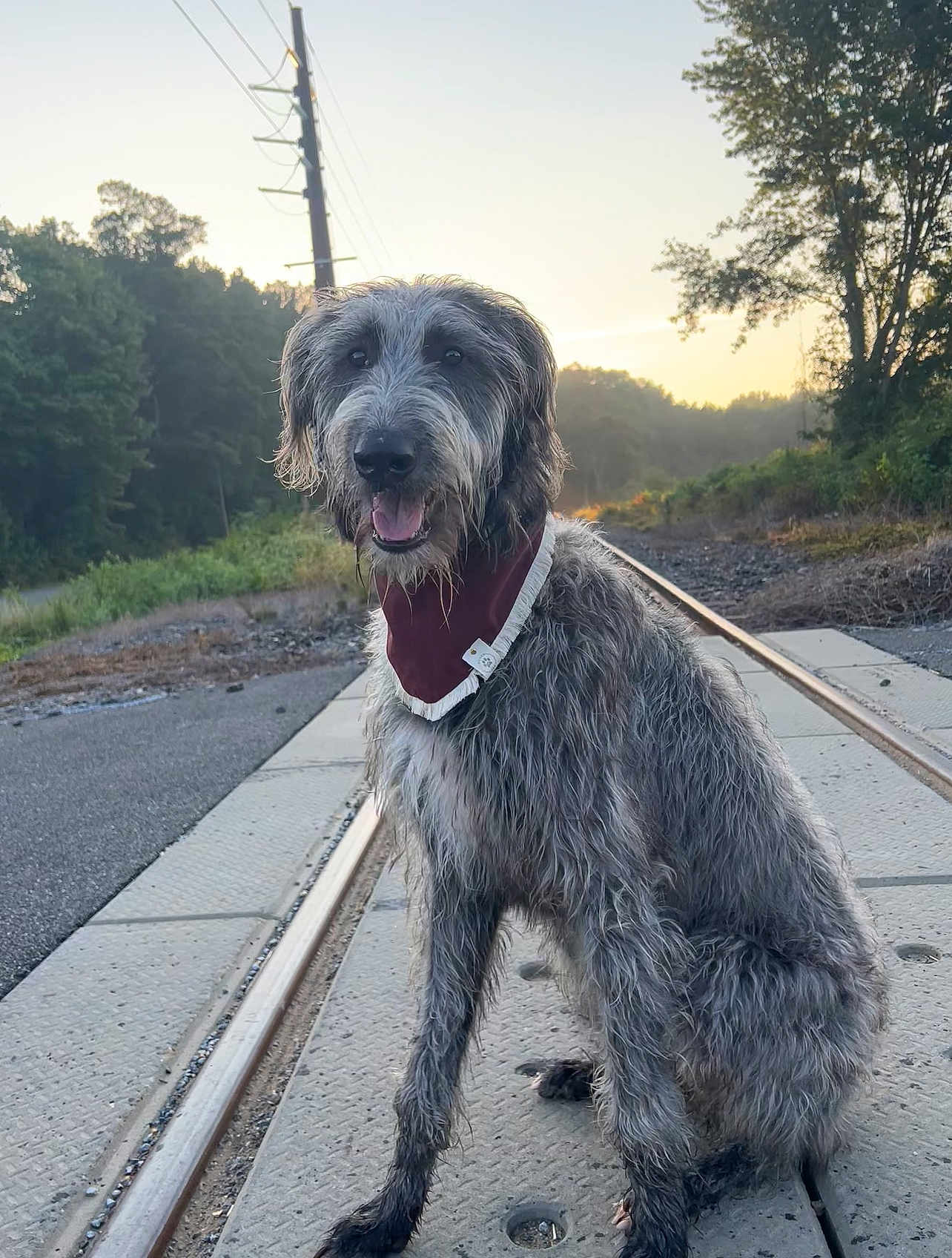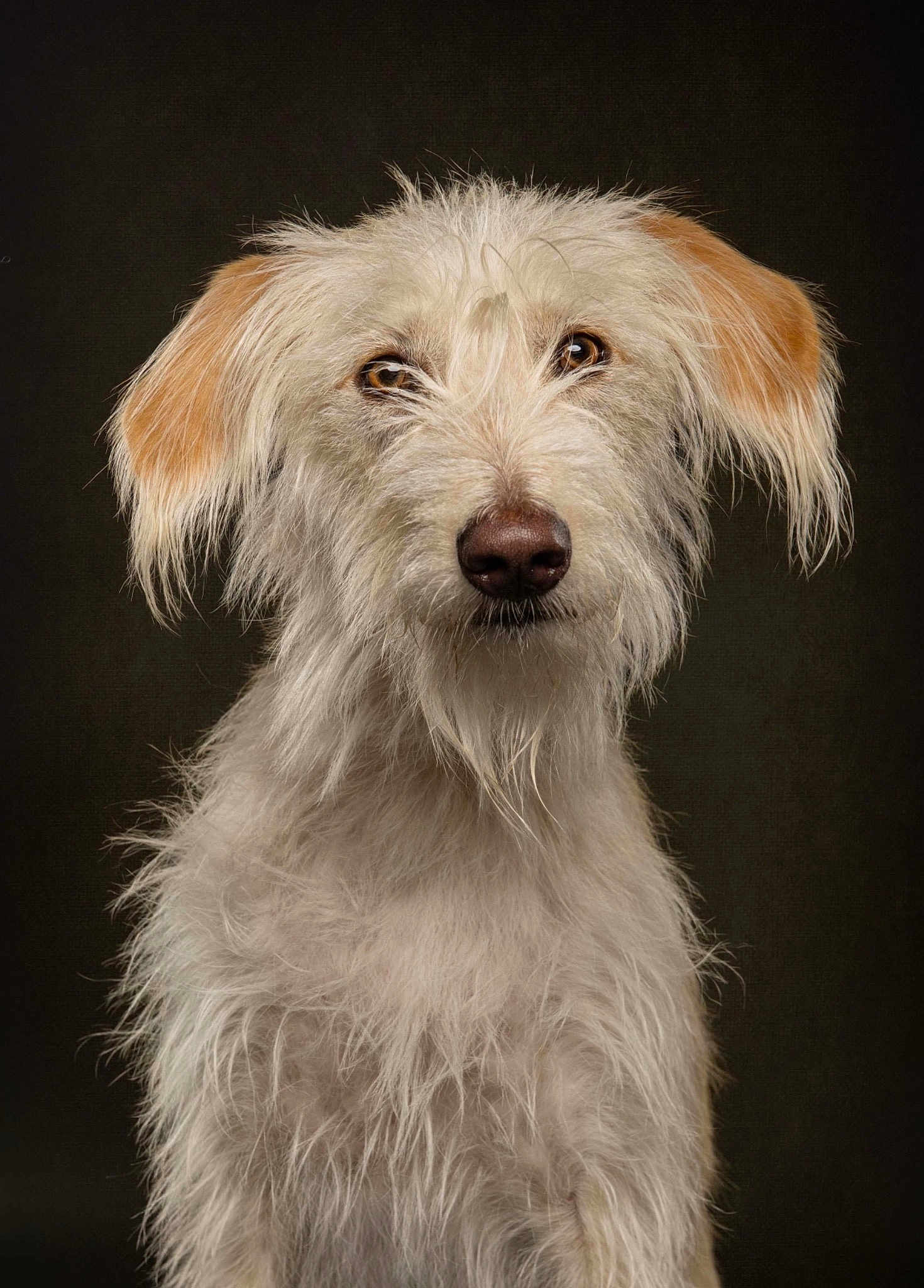“The Scottish Deerhound is often described as 'the royal dog of Scotland' – a breed renowned for its elegance, grace, and noble bearing.”
The realm of dog breeds is as diverse and rich as the cultures from which they originate. Each breed brings with it a unique combination of history, personality, and care requirements, making the journey of selecting the perfect dog both exciting and fulfilling. In this exploration, we turn our attention to the Scottish Deerhound, a breed that captivates with its striking appearance and fascinating heritage.
Personality and Behavior of the Scottish Deerhound
The Scottish Deerhound is celebrated for its gentle and dignified demeanor. This breed is known to be incredibly loyal and affectionate towards its family members, often forming deep bonds with those it trusts. Unlike some more boisterous breeds, the Deerhound maintains a calm and serene presence, making it an excellent companion for a tranquil household environment.
Scottish Deerhounds are renowned for their bravery and tenacity, traits that served them well as hunting dogs. Historically, these hounds were employed to hunt red deer, a task requiring considerable courage and stamina. Despite this fierce background, Deerhounds possess a remarkably laid-back and easy-going nature when off-duty, often enjoying long naps in the most comfortable spots they can find.
Their gentle disposition means that Scottish Deerhounds are generally good with children. However, due to their size and strength, it is advisable to supervise interactions to ensure everyone's safety. This breed tends to get along well with other dogs, especially those of a similar temperament.
“Despite their imposing stature, Scottish Deerhounds are known as gentle giants, exuding an air of calm and grace.”
Meanings, History and Origins of the name Scottish Deerhound
The name "Scottish Deerhound" itself offers a glimpse into the breed’s origins and historical significance. The breed has deep roots in the Scottish Highlands, where it was highly prized for its deer-stalking abilities. The word "Deerhound" clearly indicates the breed's primary purpose – hunting deer. These dogs were a staple among the Scottish nobility, often seen as a symbol of status and prestige.
The history of the Scottish Deerhound dates back several centuries, with references to similar hounds appearing in ancient Scottish folklore and legend. It is believed that the breed was brought to Scotland by the Celts around 500 B.C., where it adapted to the rugged terrain and became an essential part of Gaelic culture.
Over time, the Scottish Deerhound evolved to become larger and more powerful, perfectly suited to the pursuit and capture of large game. Despite modern developments in hunting practices, the breed's legacy lives on in their name, a testament to their storied history and remarkable capabilities.
Popularity of the Scottish Deerhound
The Scottish Deerhound enjoys a modest but dedicated following among dog enthusiasts. While not as commonly seen as some other breeds, the Deerhound’s unique charm and noble characteristics have earned it a loyal fan base. Its majestic appearance and gentle nature make it a standout choice for those seeking a breed with both beauty and personality.
In English-speaking countries, the Scottish Deerhound remains a beloved breed, especially among those who appreciate its rich heritage. In the United Kingdom and the United States, Deerhounds are often showcased at dog shows and events, where their graceful stature never fails to impress. Despite their relatively low numbers, their presence in the dog-loving community is strongly felt.
Globally, the Scottish Deerhound's popularity can vary. In countries with historical ties to Scotland, such as Canada, Australia, and New Zealand, the breed enjoys recognition and affection. However, in areas where hunting traditions differ or where smaller breeds are more favored, the Scottish Deerhound may be less known but still appreciated by connoisseurs of majestic and noble hounds.
Health and Care of the Scottish Deerhound
Scottish Deerhounds are generally healthy dogs, but like all breeds, they are prone to specific health issues. One of the most common concerns for this breed is bloat, also known as gastric torsion. This life-threatening condition can occur suddenly and requires immediate veterinary attention. Owners should be cautious with feeding routines and avoid vigorous exercise immediately before or after meals.
Additionally, Scottish Deerhounds may be susceptible to heart conditions such as cardiomyopathy, as well as orthopedic issues, including hip dysplasia. Regular check-ups with a vet and a well-balanced diet can help manage these potential problems and keep the breed in top condition.
The Scottish Deerhound’s coat needs weekly brushing to maintain its softness and prevent matting. Although they have a wiry, weather-resistant outer coat, regular grooming helps reduce shedding and keeps the skin healthy. Given their size, it's important to provide them with ample space for exercise – long walks or runs are ideal for keeping them fit and happy.
Training and Education of the Scottish Deerhound
Training a Scottish Deerhound requires patience and a gentle hand. This breed is intelligent but can be somewhat stubborn and independent-minded, traits that hark back to their hunting heritage. Positive reinforcement techniques, such as treats and praise, work best to motivate and encourage desired behaviors.
Socialization from a young age is crucial for Deerhounds to ensure they grow up to be well-adjusted and confident dogs. Exposure to a variety of environments, people, and other animals helps them develop a well-rounded and adaptable character. Basic obedience training should also begin early, focusing on commands such as sit, stay, and recall.
Given their history as hunting dogs, Deerhounds have a strong prey drive. Training them to have a reliable recall is particularly important if they are to be off-leash in safe, enclosed areas. While they may not have the eagerness to please akin to some other breeds, the key is consistency and positive interactions to shape their behavior positively.
Choosing the right breed for your lifestyle involves considering various factors such as personality, care needs, and compatibility with your living situation. The Scottish Deerhound, with its noble demeanor and gentle nature, may be the perfect match for those who seek a majestic yet affectionate companion.
The legacy of noble breeds like the Scottish Deerhound continues to thrive, bringing joy and companionship to those who choose them. Here at KingPet, we have seen many beautiful Scottish Deerhounds grace our contests with their elegance and charm. If you are seeking a breed with a rich history, gentle temperament, and striking presence, the Scottish Deerhound may be the perfect addition to your family.










